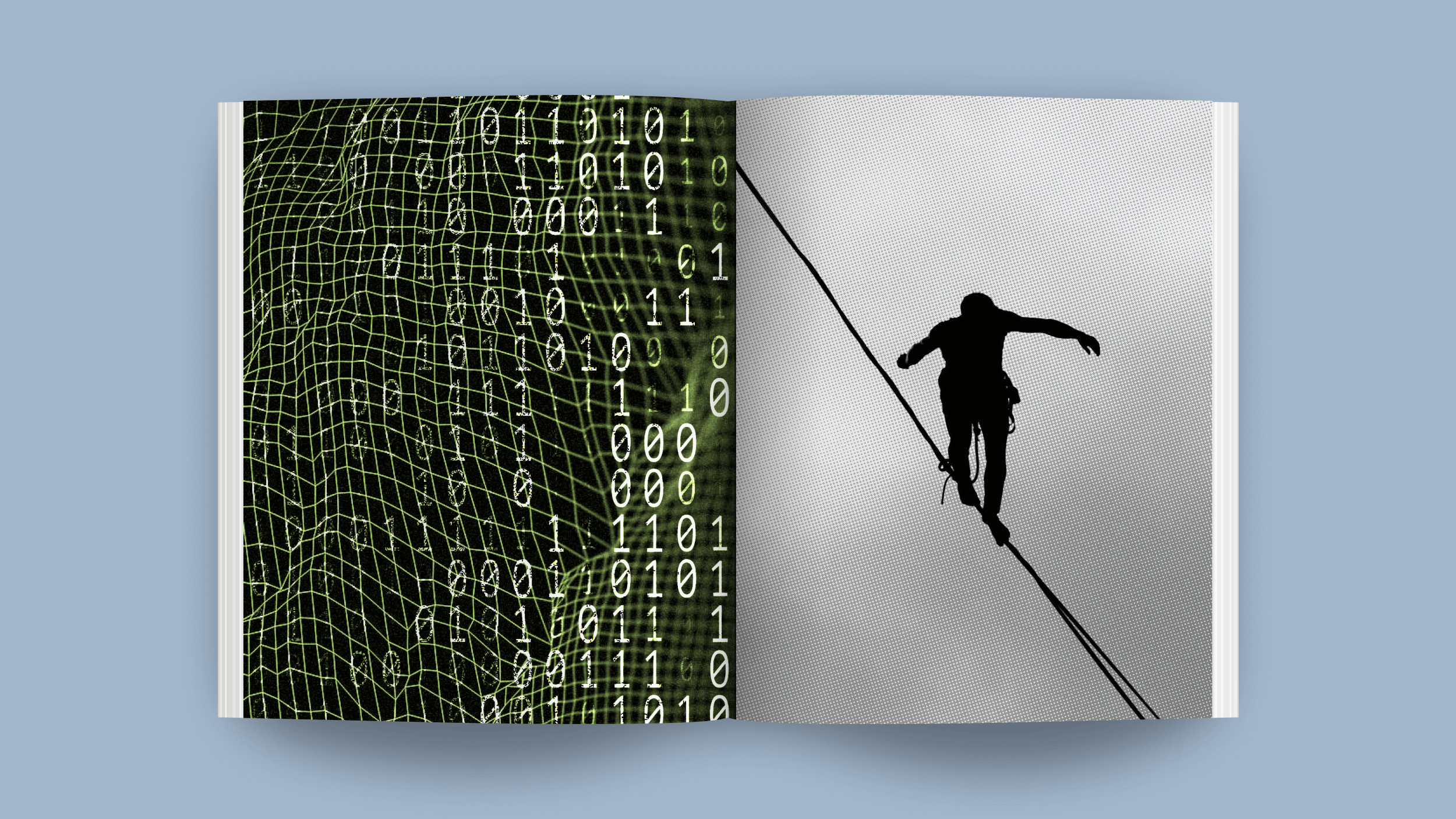How We Think Is How We Are: The Power of Self-Stereotyping

As we make sense of the world around us, our minds often take shortcuts, generalizing, cutting corners, making connections and engaging in inferences as they integrate all of the incoming information into a cohesive whole. And as we make sense of people, we typically engage in the exact same practice: when we meet someone for the first time, we’ve likely formed multiple judgments—often without realizing we have done so—before our new acquaintance has even had a chance to speak a single word. We take a look, and we generalize based on what we know and what we’ve learned through past experience. It’s far easier than having to start fresh every single time.
That process of initial, nearly instantaneous judgment is often driven by prevailing stereotypes, our own as well as those of our society as a whole and our immediate circle in particular. But what is less commonly known—or at least considered—is that we apply the exact same process to ourselves, often without realizing we are doing it: how we think about our own selves is largely determined by how we think others think of us—how we are perceived, judged, and evaluated by the outside world.
Stereotype threat in aging
One area where effects of self-stereotyping play out to quite dramatic effect is aging. It is typically thought that as people age, their memories grow worse and their cognitive abilities suffer a general decline. And unfortunately, that type of thinking seems to actually affect how the elderly actually think and remember. Studies have shown that when aging stereotypes are activated, older adults actually begin to exhibit larger memory deficits and worse performance on tests of cognitive ability. But, the news isn’t all bad: the opposite is also true. When such stereotypes are given less weight, memory and cognitive performance both improve.
A study in an upcoming issue of Psychological Science examined whether older adults would perform better on one of the memory tasks that is most often compromised as a result of aging, item-specific processing. Typically, as we age, we rely more on relational processing than item-specific processing when we make memory judgments. That is, we focus on relationships between words and concepts as opposed to differentiating information for a specific word or concept. And when we do that, individuating item information is less available when we retrieve that item from memory. So, for instance, we may find it difficult to determine if an item was actually shown before or if it’s just similar to one that we’ve seen before—creating, in a sense, a false memory. But what if the age-related stereotypes that relate to memory declines are eliminated?
How I prepare your thought process will affect your performance
In the study, older adults and younger controls were presented with twelve lists of items, with 15 words each. They were then given a recognition test of 96 words, where they had to say whether or not a word had previously appeared on a studied list. But, before the recognition test came the crucial manipulation: participants were either read a statement that described research on age-related declines in memory and told that the study was to be about memory performance (the threat condition), or, they were read a statement on language-processing research and told that the study would be about language and verbal ability (the low-threat condition). They then performed a simple yes/no test of recognition, where they had to indicate whether or not they had seen a word before.
The researchers found a significant interaction between age and threat condition: older adults in the threat condition made significantly more mistakes, responding to false “lures,” or words that were related to ones that were previously seen but had never actually been shown themselves, more often than those in the low-threat condition. Moreover, older adults in the low-threat condition were less confident in those false memories they did have, suggesting that even though they had misremembered, they were aware that something might be off.
The results reveal several important concepts. First, the differentiating information is always encoded in memory. It’s not true that older adults simply process things differently and only look at relationships. The individuating aspects are always there—but whether or not they are used depends on how worried people are about their ability to perform to expectations. Which brings us to the second, and to my mind most crucial, point: mindset matters. If we think we are worse at something, we will be worse at it; let go of that belief, and performance may improve along with the new freedom.
True, older adults often show declines in memory performance. But could it be that many of them just have a habitual “older” mindset, along the lines of I’m getting old, so my head must be getting worse? I can almost hear my grandmother’s voice responding to a simple how are you doing with an, at my age, how am I supposed to be doing? Well, you’re supposed to be doing exactly how you think you should be doing – or so it seems.
How much of performance is in the mindset?
What is the mindset you typically have when it comes to yourself? If you don’t realize you have it, you can’t do anything to combat the influences that come with it when they are working against you, as happens with negative stereotypes that hinder performance—and even when they are working for you (as can happen if you activate positively-associated stereotypes), you may be able to better tap the benefits if you are aware that they are there to begin with. The implications and effects extend far beyond aging.
Be in control of your habits of thinking. And realize that they apply to you just as they do to others, that they can effect not only your point of view, frame of reference, and general mindset, but also, your ability to perform to the best of your abilities and to live up to your own highest expectations – and not to the hypothetical expectations that the world might have of someone who fits a broad, stereotyped category that you just happen to fill in its mind.
If you’d like to receive information on new posts and other updates, follow Maria on Twitter @mkonnikova
[photo credit: Creative Commons, from pingnews.com flickr photostream]





